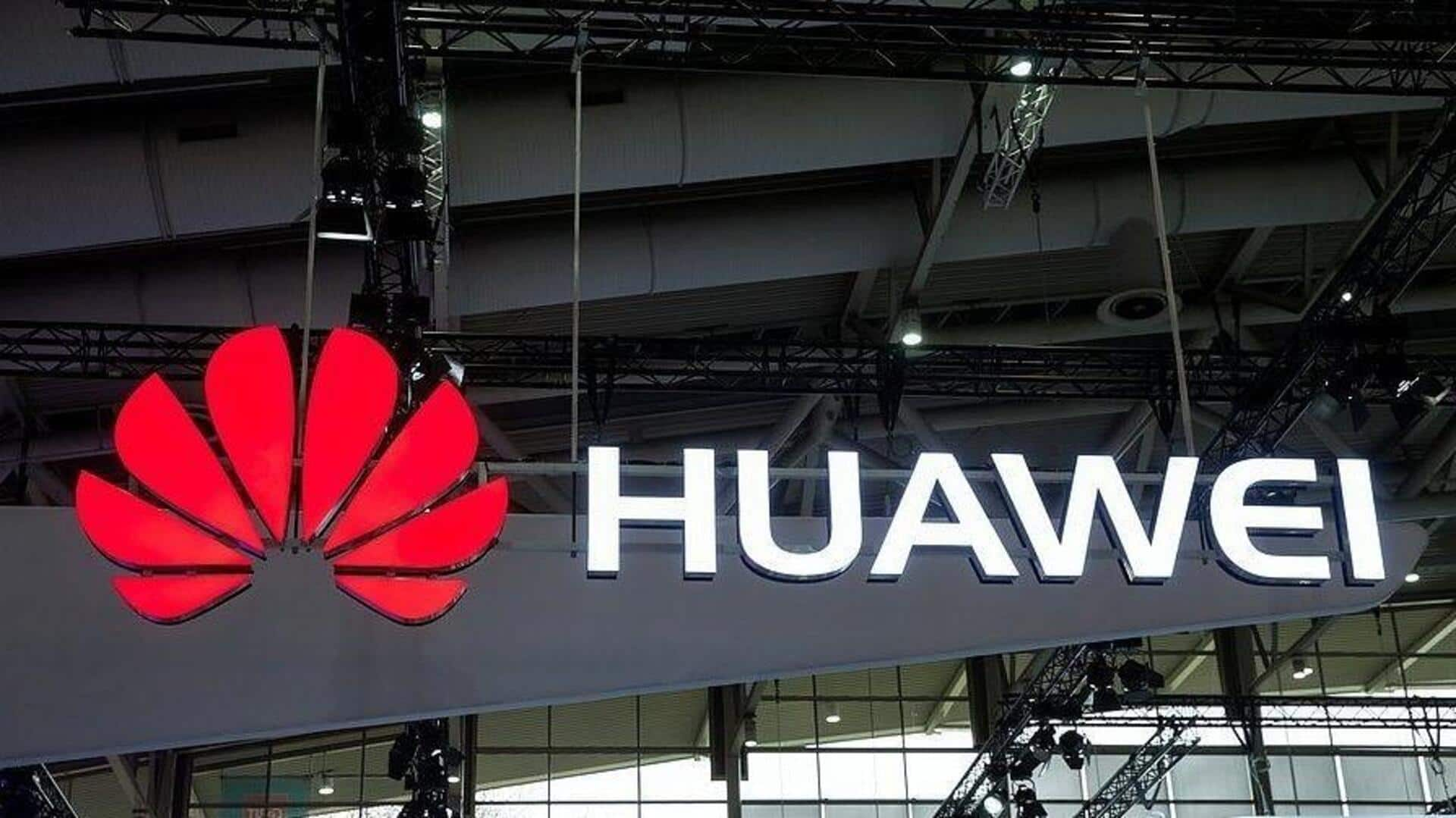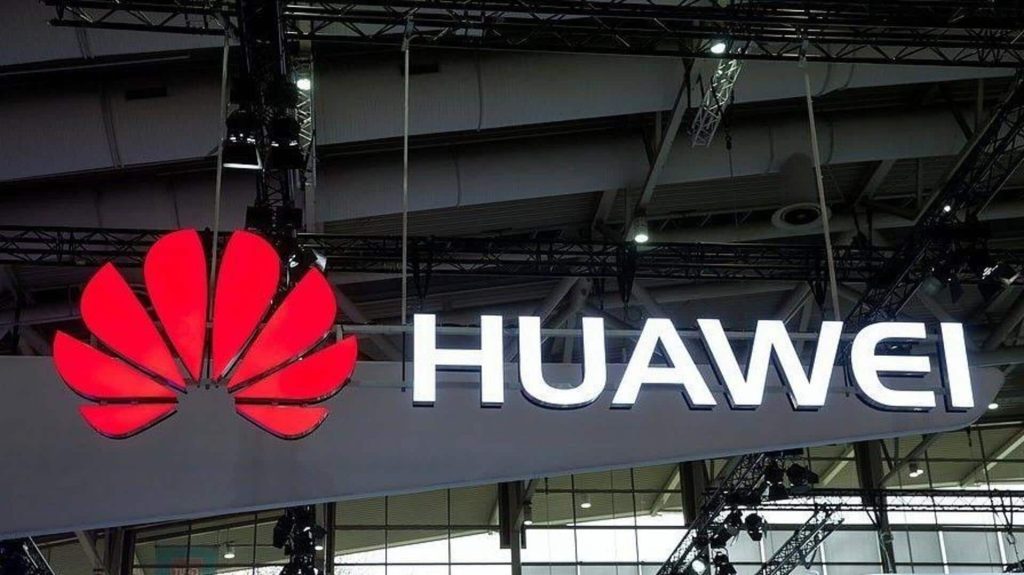
What’s the story
Huawei’s artificial intelligence (AI) research division, Noah Ark Lab, has denied allegations of copying elements from an Alibaba model in its Pangu Pro large language model (LLM), saying that it was developed and trained independently.
The denial comes after a paper published by HonestAGI on GitHub claimed that Huawei’s Pangu Pro Moe (Mixture of Experts) model showed an “extraordinary correlation” with Alibaba’s Qwen 2.5 14B.
Rebuttal
Noah Ark Lab’s response to the allegations
In response to the allegations, Noah Ark Lab said that its model was “not based on incremental training of other manufacturers’ models.”
The lab also highlighted that it had “made key innovations in architecture design and technical features.”
It further emphasized that the Pangu Pro Moe is the first large-scale model built entirely on Huawei’s Ascend chips.
Accusations
HonestAGI’s paper also pointed out potential copyright violations
The paper published by HonestAGI also alleged potential copyright violations, fabrication of information in technical reports, and false claims about Huawei’s investment in training the model.
However, Noah Ark Lab maintained that its development team strictly adhered to open-source license requirements for any third-party code used.
The lab did not specify which open-source models it referenced while developing its AI technology.
Market dynamics
Alibaba has yet to respond
Alibaba has yet to respond to the allegations made by HonestAGI.
The release of Chinese start-up DeepSeek’s open-source model R1 in January this year had already sparked intense competition among China’s tech giants.
Qwen 2.5-14B, one of Alibaba’s small-sized Qwen 2.5 model family that can be deployed on PC and smartphones, is set to be released in May 2024.
Market stance
Huawei is perceived as lagging behind rivals
Despite entering the LLM arena early with its original Pangu release in 2021, Huawei has been perceived as lagging behind rivals.
The company open-sourced its Pangu Pro Moe models on the Chinese developer platform GitCode in late June.
This move was aimed at boosting the adoption of its AI tech by providing free access to developers across sectors.

